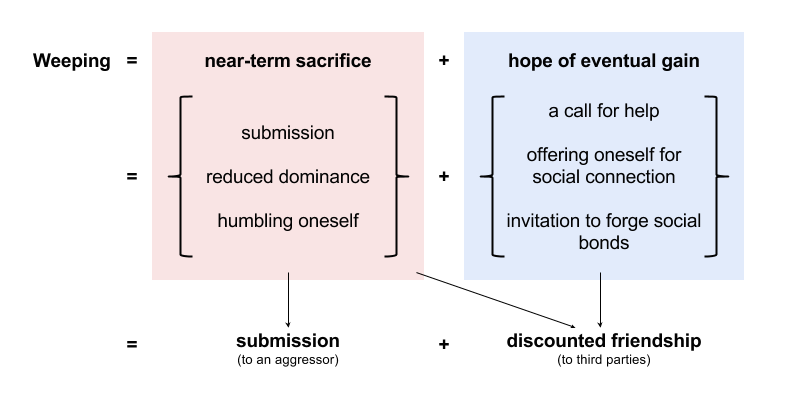What can we learn about ourselves from the things we ask online? Seth Stephens‑Davidowitz analysed anonymous Google search data, uncovering disturbing truths about our desires, beliefs and prejudices
Source: Everybody lies: how Google search reveals our darkest secrets | Technology | The Guardian
Google was invented so that people could learn about the world, not so researchers could learn about people, but it turns out the trails we leave as we seek knowledge on the internet are tremendously revealing.
I have spent the past four years analysing anonymous Google data. The revelations have kept coming. Mental illness, human sexuality, abortion, religion, health. Not exactly small topics, and this dataset, which didn’t exist a couple of decades ago, offered surprising new perspectives on all of them. I am now convinced that Google searches are the most important dataset ever collected on the human psyche.
I can’t pretend there isn’t a darkness in some of this data. … If people consistently tell us what they think we want to hear, we will generally be told things that are more comforting than the truth. Digital truth serum, on average, will show us that the world is worse than we have thought. … This is at times, I admit, difficult to face. But it can also be empowering. We can use the data to fight the darkness. Collecting rich data on the world’s problems is the first step toward fixing them.
